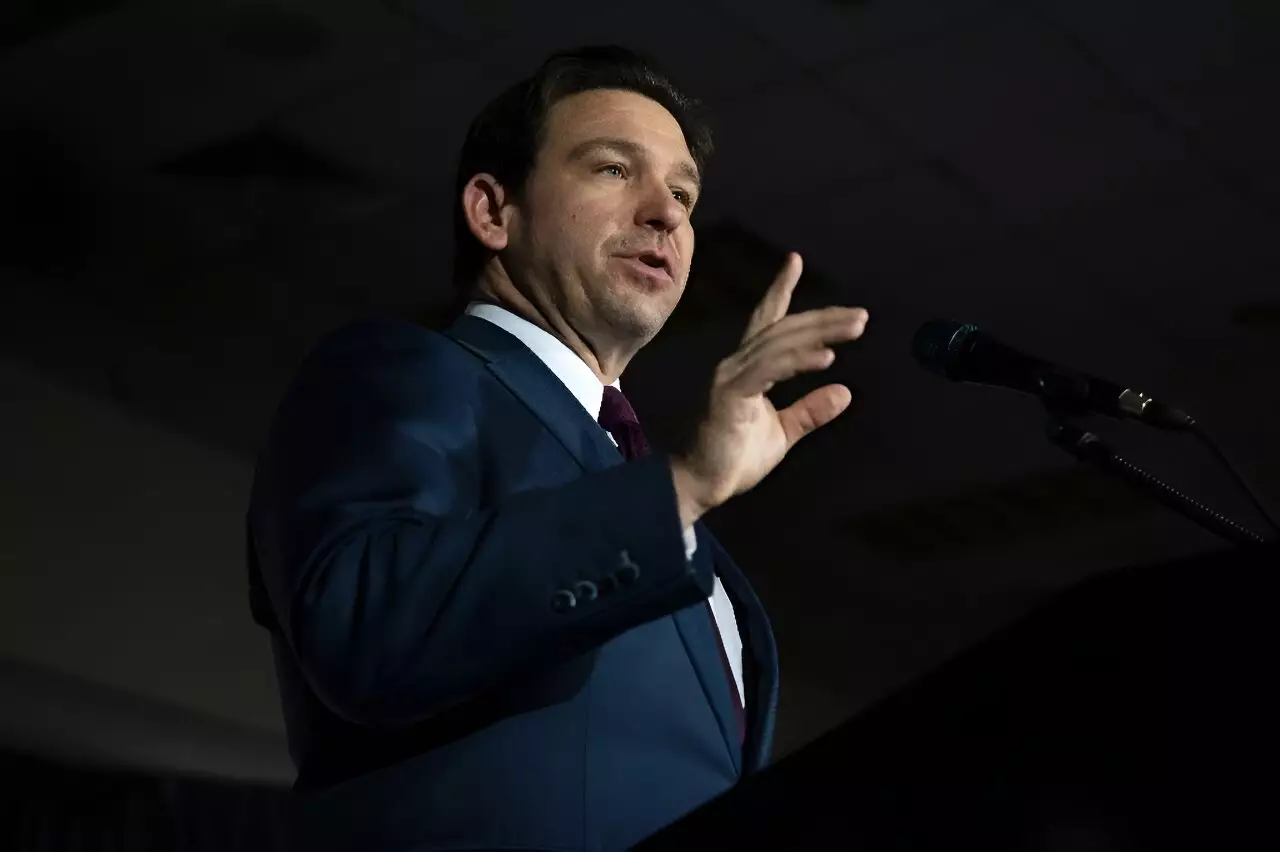Florida lawmakers recently approved a bill aimed at implementing one of the most stringent bans on children’s social media use in the United States. The legislation, which now awaits approval from Governor Ron DeSantis, seeks to keep individuals under the age of 16 off social media platforms. Supporters of the bill argue that such measures are necessary to safeguard children’s mental health from the harmful effects of social media, including addiction, online dangers from sexual predators, cyberbullying, and teen suicide.
While the bill has gained traction in the state Senate and House, Governor Ron DeSantis has expressed reservations about its implications for parental rights. DeSantis, who has previously highlighted the potential negative impact of social media on children, emphasized the importance of parental consent in decisions regarding their children’s online activities. The governor’s stance reflects his broader philosophy of empowering parents to make choices about their children’s education and well-being.
Critics of the legislation argue that it may infringe upon the First Amendment rights of individuals, particularly freedom of speech. Similar efforts in other states have faced legal challenges on constitutional grounds, with courts blocking initiatives that sought to regulate social media use among minors. While social media platforms typically have a minimum age requirement of 13, enforcement of this provision remains lax. If the bill is enacted, platforms will be required to block children under 16 from creating accounts and deactivate existing accounts.
Impact on Educational Policies
Governor DeSantis’ approach to social media regulation is consistent with his broader agenda of implementing conservative policies in education. In recent years, Florida has passed laws restricting sex education and gender identity instruction in schools, as well as dismantling diversity programs in state-funded universities. These measures have sparked controversy and debate, with critics raising concerns about censorship and the suppression of diverse perspectives in educational settings.
Overall, Florida’s proposed ban on children’s social media use reflects a growing concern over the negative impact of online platforms on young individuals. While proponents argue that such measures are necessary to protect children’s mental health and safety, opponents raise valid concerns about parental rights and freedom of expression. As the bill awaits the governor’s approval, its implications for children’s online experiences and broader constitutional rights remain subjects of debate and scrutiny.


Leave a Reply